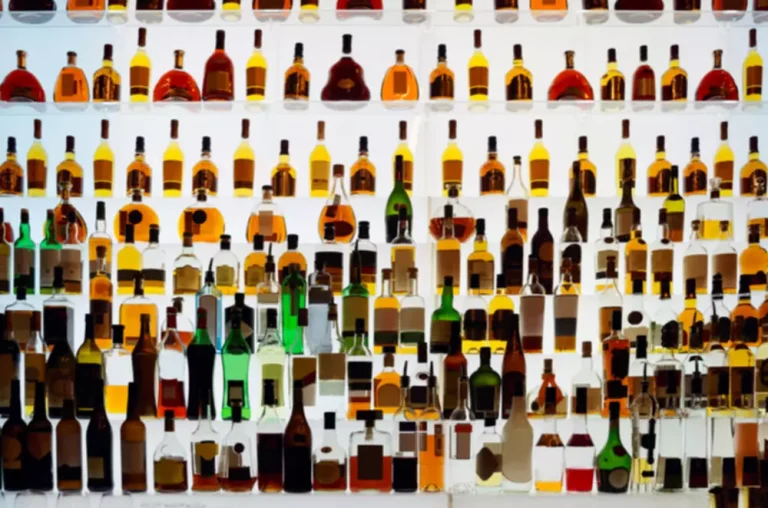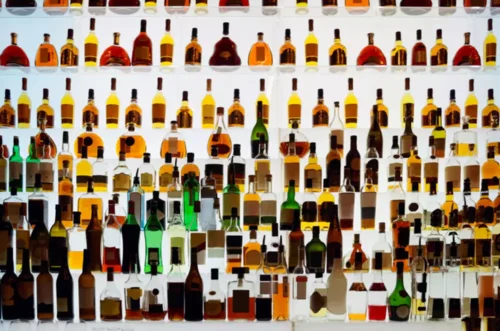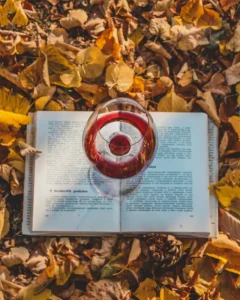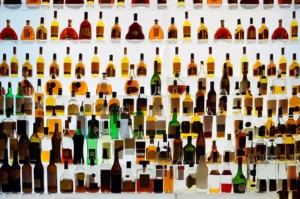
That means mixing DayQuil and alcohol can cause liver damage, drowsiness and dizziness. Sleep aids such as Ambien, Lunesta and Sonata slow activity in the brain to help a person fall asleep. When the sleep aids are combined with alcohol, they can severely impair coordination, disrupt memory and make a person pass out. Checking for interactions and discussing them with your doctor or pharmacist is the best way to prevent harm. Research has shown that the prevalence of alcohol and medication interactions is widespread. The National Institute of Health (NIH) conducted a study of over 26,000 adults from the National Health and Nutrition Examination Study (NHANES) to determine their alcohol and prescription drug use.
- Some medicines can still lead to drowsiness in the morning and may effect your driving skills or reaction time the next day.
- It’s important to keep in mind that over time, strains of THC are becoming more potent, especially as legalization expands.
Mixing stimulants and depressants
Mixing alcohol with the ADHD medicine ritalin, for example, can increase the drug’s effect on the heart, increasing your heart rate and the risk of a heart attack. Supplements that are marketed as mood enhancers may also interact dangerously with alcohol. Some people have reported blacking out or having seizures after combining alcohol with 5-HTP, a supplement that may improve symptoms of depression. And remember, alcohol and medicines can have harmful interactions even if they are separated and taken at different times of the day.

The Dangers of Mixing Drugs and Alcohol
In fact, the results of combining drugs are unpredictable, often modifying or even masking the effects of one or both drugs. This may trick you into thinking that the drugs are not affecting you, making it easier to overdose. Some medications—including many popular painkillers and cough, cold, and allergy remedies—contain more than one ingredient that can react with alcohol. Read Halfway house the label on the medication bottle to find out exactly what ingredients a medicine contains.

What Does It Mean To Have a Substance Abuse Problem?

Taking methadone while drunk can lead to life-threatening complications such as difficulty breathing, low blood pressure, weak heart rate, and coma. Taking high doses of opioids can decrease heart and breathing rates to dangerous levels. If mixed with another central nervous system (CNS) depressant such as alcohol, it can have fatal consequences. Using alcohol and other substances such as opioids, sleep aids, marijuana, or benzodiazepines together or within a couple hours of drinking mixing alcohol and pills can increase risk of poisoning, even with moderate amounts of alcohol.
As mentioned earlier, people who mix the two drugs increase their risk for overconsumption dramatically, especially regarding alcohol. The cannabinoids in most strains of marijuana have a depressive effect, which can impact the way a person makes decisions and the speed at which they react. While it is not physically harmful in and of itself, it could lead to an increased risk of dangerous situations. It could also make it difficult for an individual or those around them to tell if the symptoms are greening out or something more nefarious, like alcohol poisoning. For example, herbal St. John’s wort supplements, which are often used for mood disorders, can speed up certain processes in your body. This may prevent medications such as birth control pills, antidepressants, blood thinners, and some cancer treatments from working correctly.
Mixing https://ecosoberhouse.com/ alcohol and cocaine increases heart rate, causing stress on the heart. When the substances are combined, a toxic byproduct called cocaethylene is formed, according to a medical review published in the journal Addiction. The use of complementary, alternative and herbal medicine has grown tremendously over the last few decades. A study by Ekors and colleagues noted that over 80% of people worldwide use some type of supplement. Many of these products are not regulated by authorities or monitored by a patient’s healthcare provider, and the potential for drug interactions is often unknown.
- Cannabis is largely presumed to be a “safe” drug, and while it usually isn’t life-threatening when taken alone, it can create more risks and health problems when combined with alcohol.
- Most important, the list does not include all the ingredients in every medication.
- These programs can vary in length, ranging from 30 days to 90 days, depending on the addiction’s severity and recovery progress.
- Detox will happen under a 24/7 supervision of a medical team that will ensure the experience is as safe and as comfortable as possible.
- This may make a person want to drink more alcohol than they can handle, leading to dire consequences.
For Treatment Providers
Always review labels on over-the-counter (OTC) bottles to look for drug interactions between allergy, cough and cold medicine and alcohol. You can look at medicine label ingredients to see what medicines have alcohol in them, or ask your pharmacist. If you’re not sure if a medication can be combined with alcohol, avoid any alcohol consumption until your doctor or pharmacist has told you that it’s safe to mix the two.

Side effects of alcohol and medication

Some over-the-counter medicines that you shouldn’t combine with alcohol include medicines for sleeping, travel sickness, cold and flu, allergy, and pain. But you may not be aware that mixing certain medicines with alcohol can increase the effects and put you at risk. Most NyQuil products contain dextromethorphan, acetaminophen and doxylamine. The latter ingredient is used to treat cold or allergy symptoms and short-term sleep problems. Combining it with alcohol can cause extreme drowsiness, slowed breathing, impaired motor function and memory problems. Ecstasy, also known as MDMA, can conceal the effects of alcohol when individuals consume both drugs.
